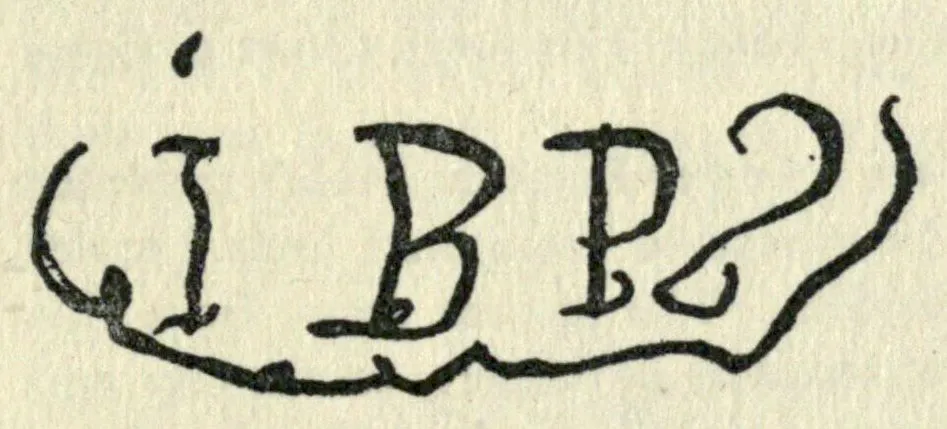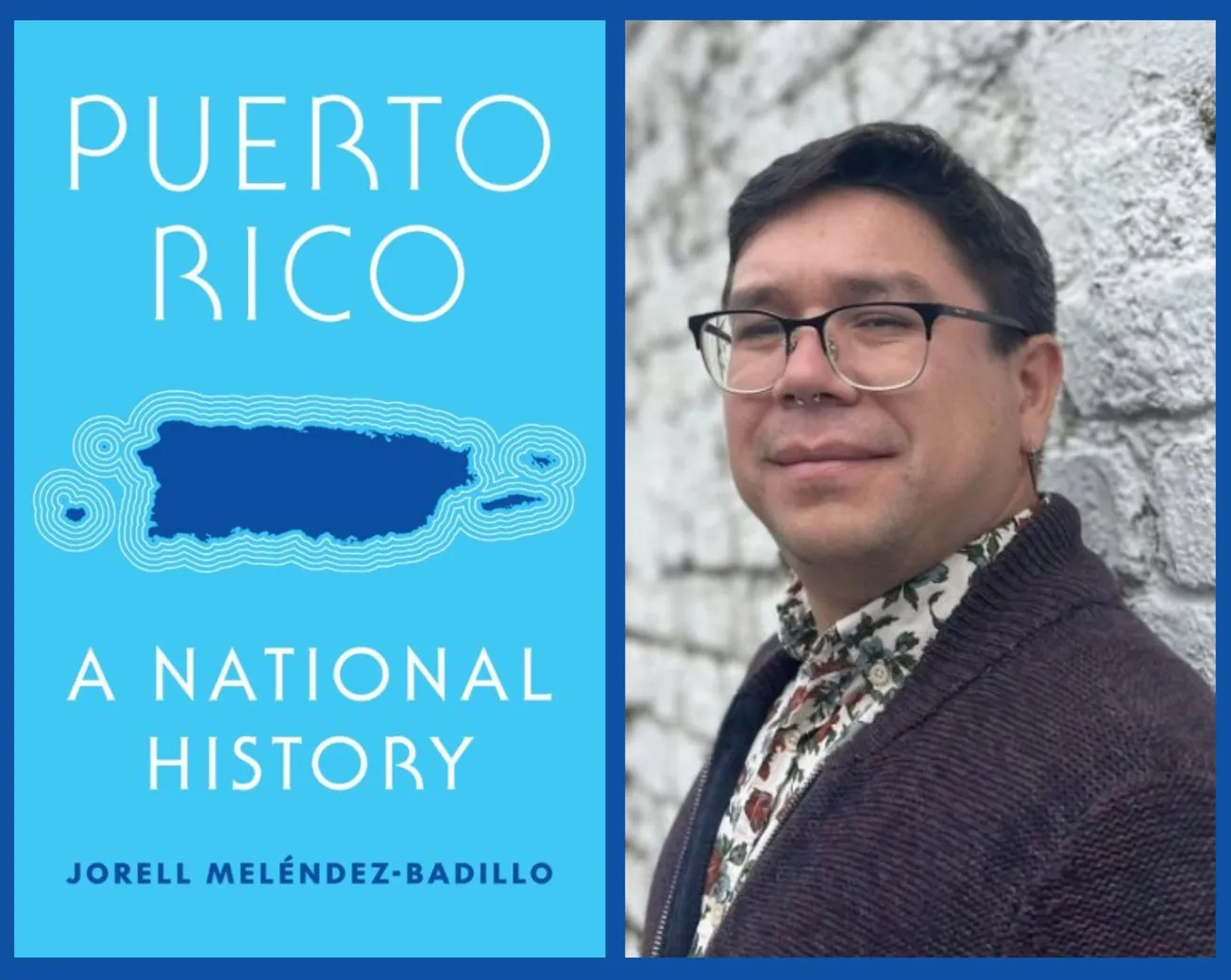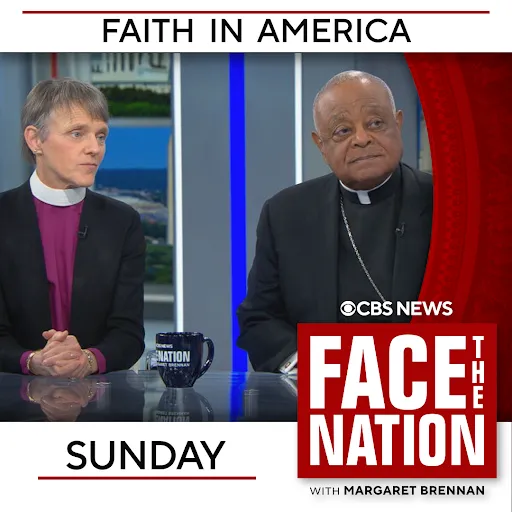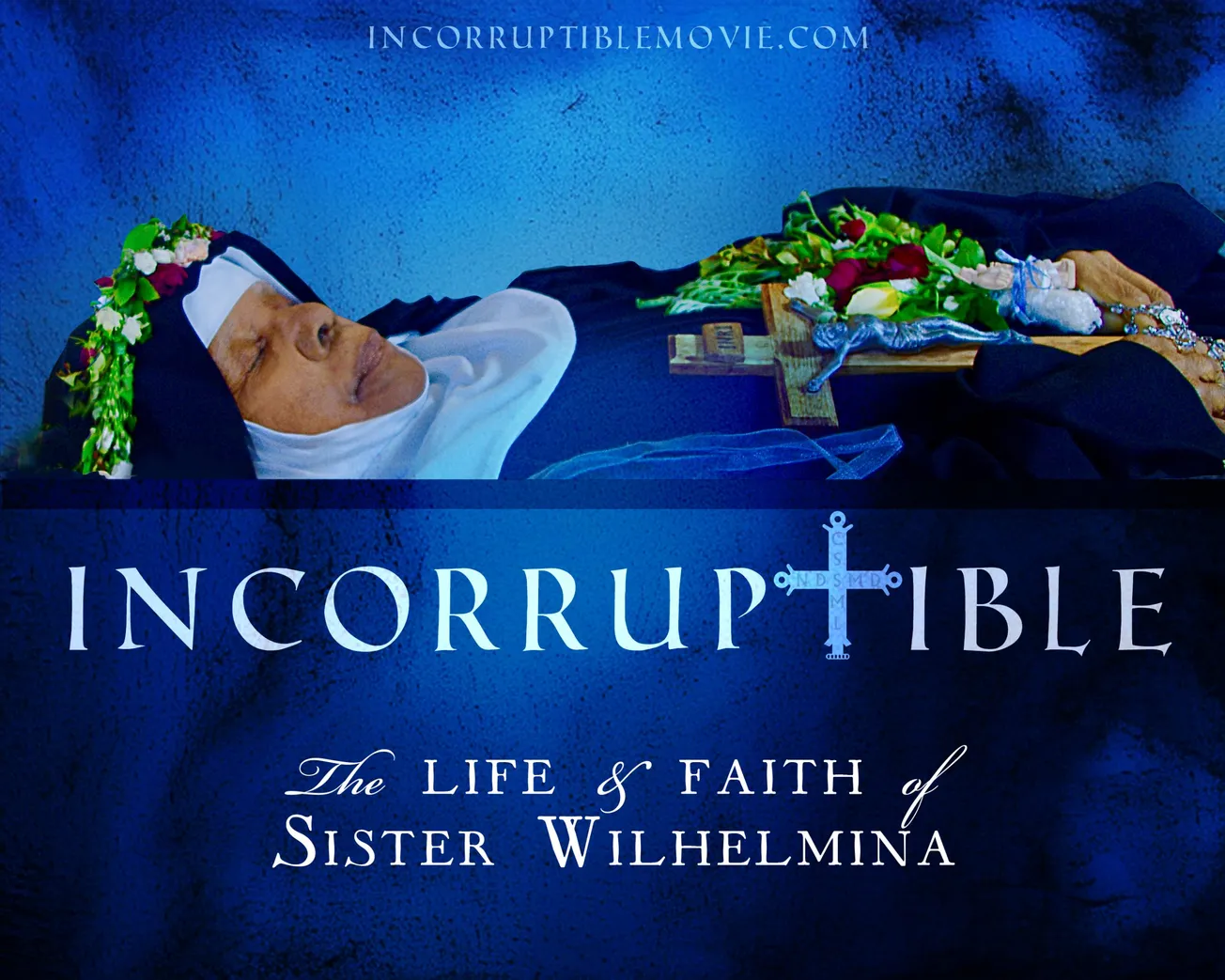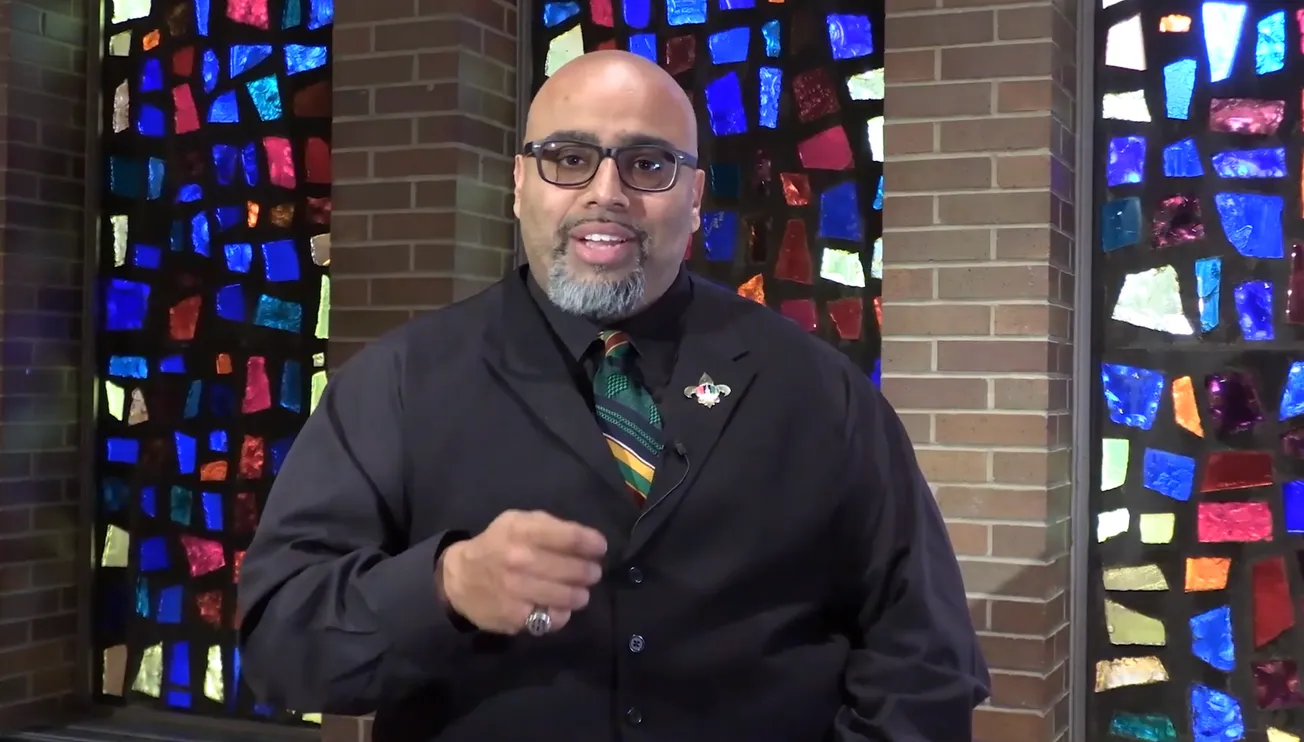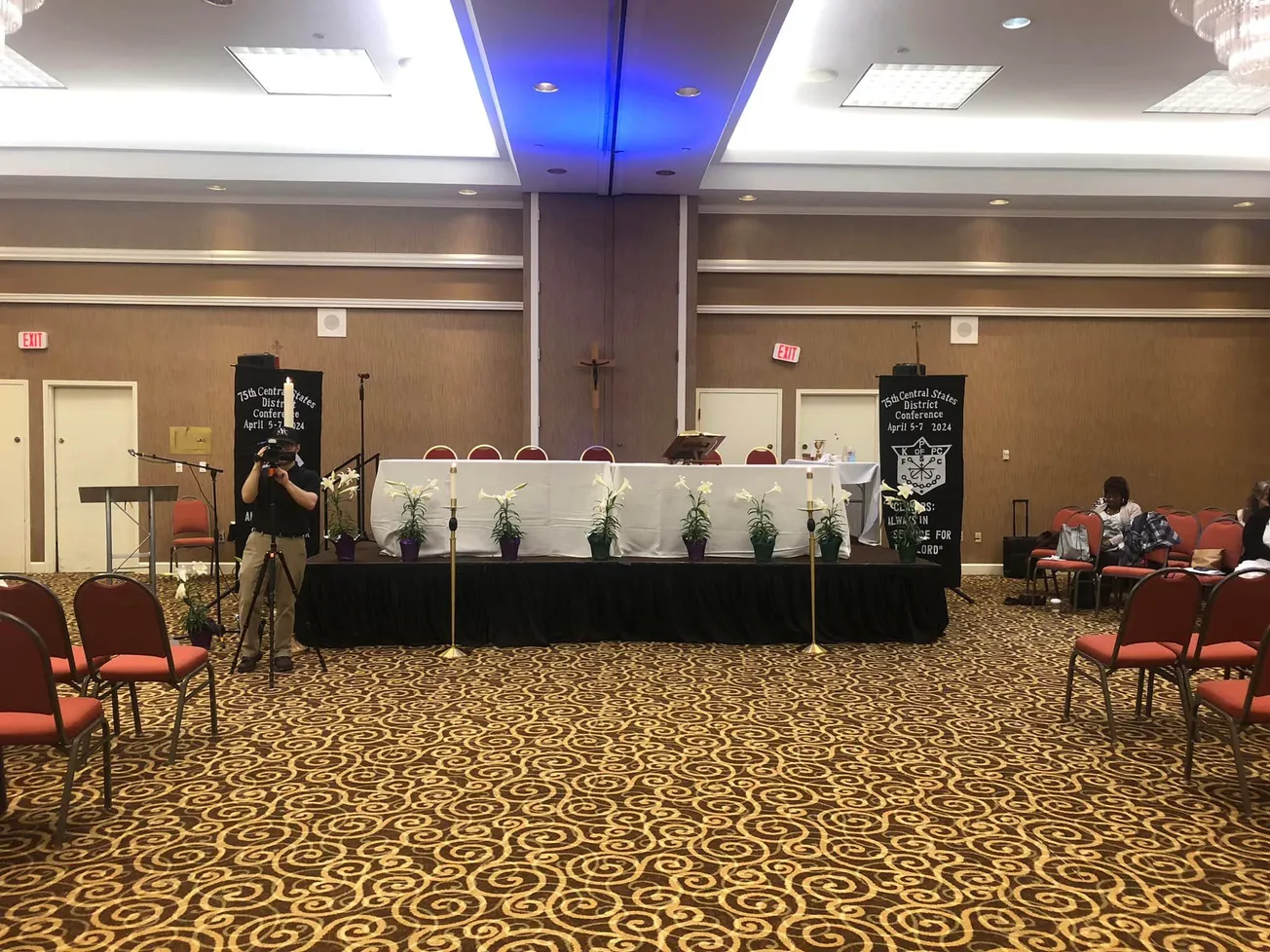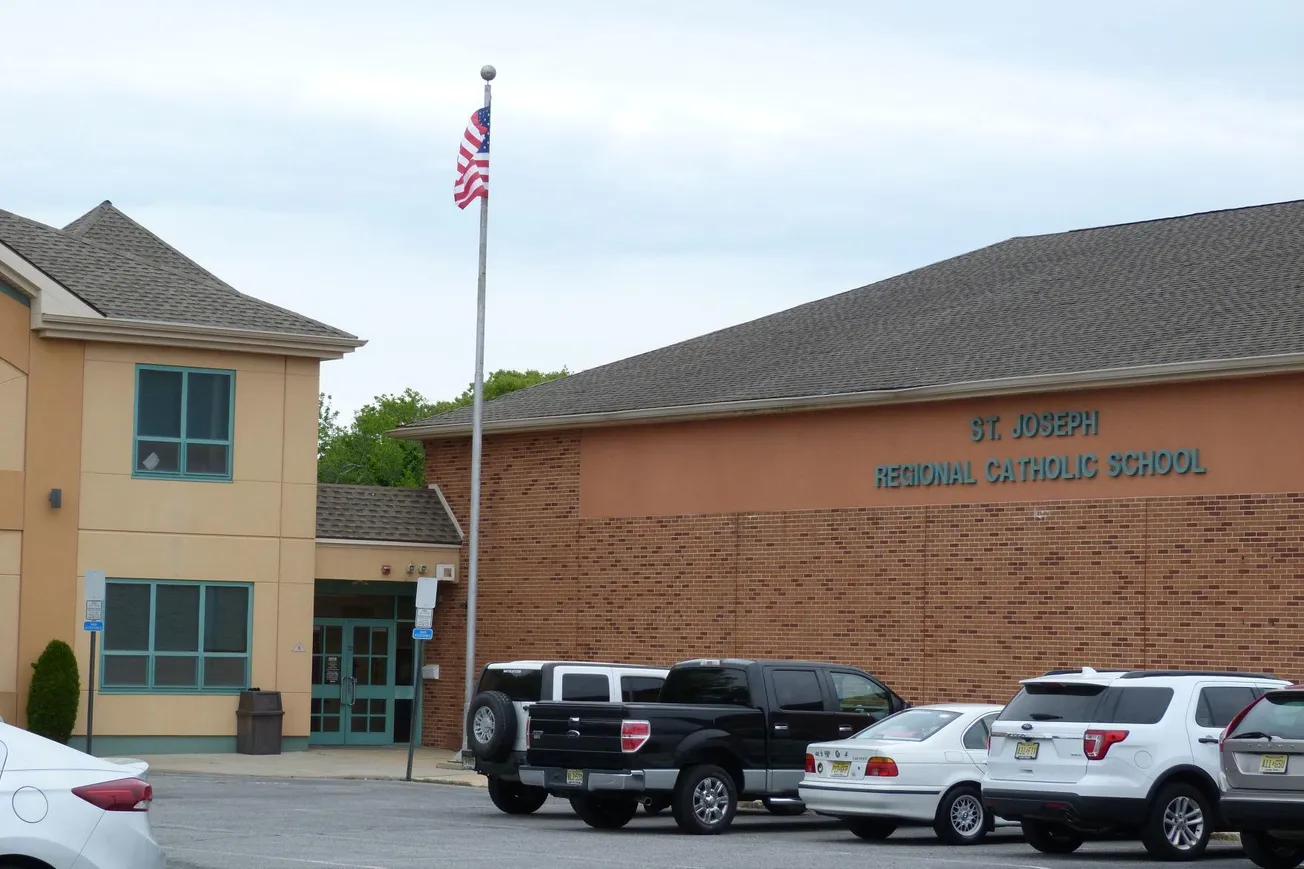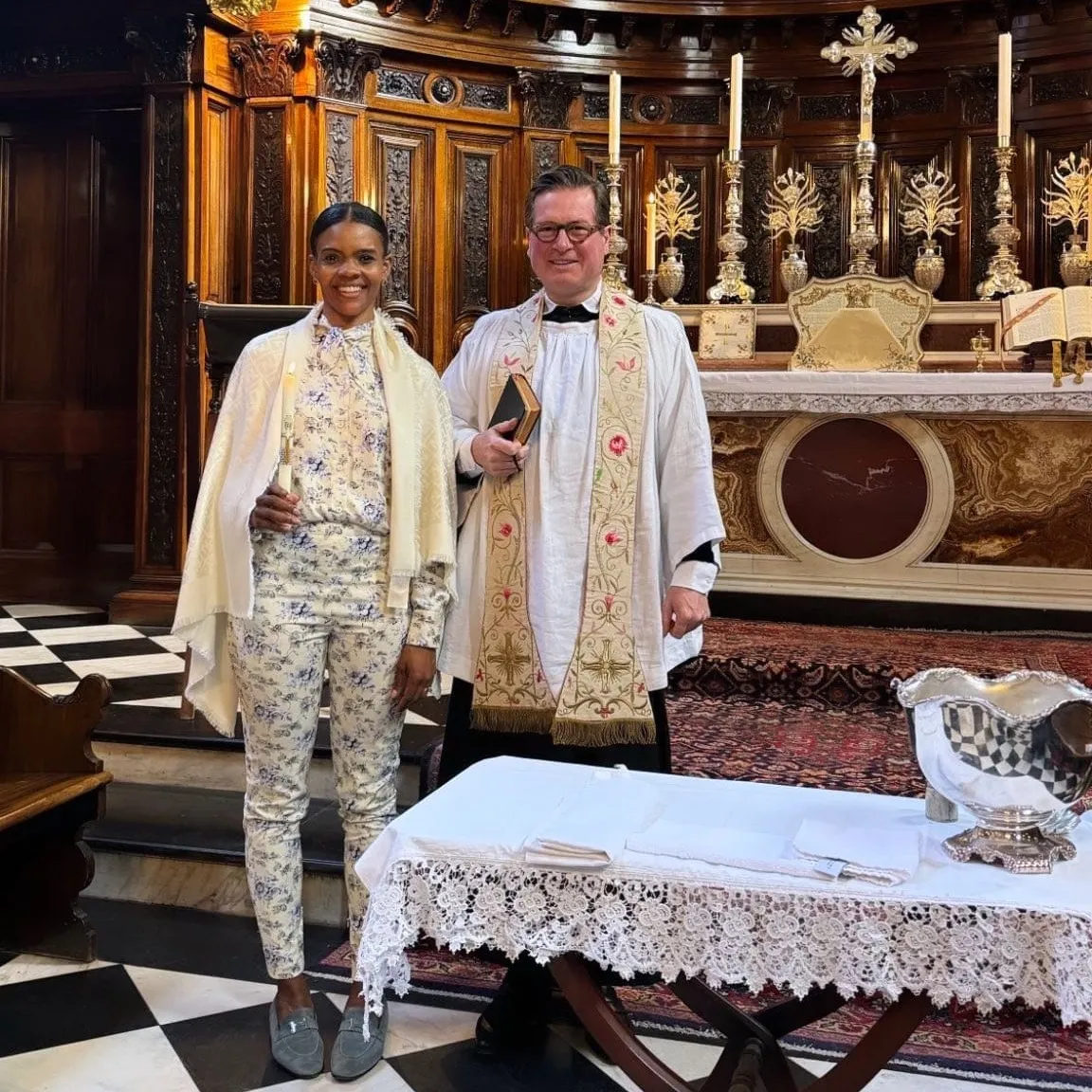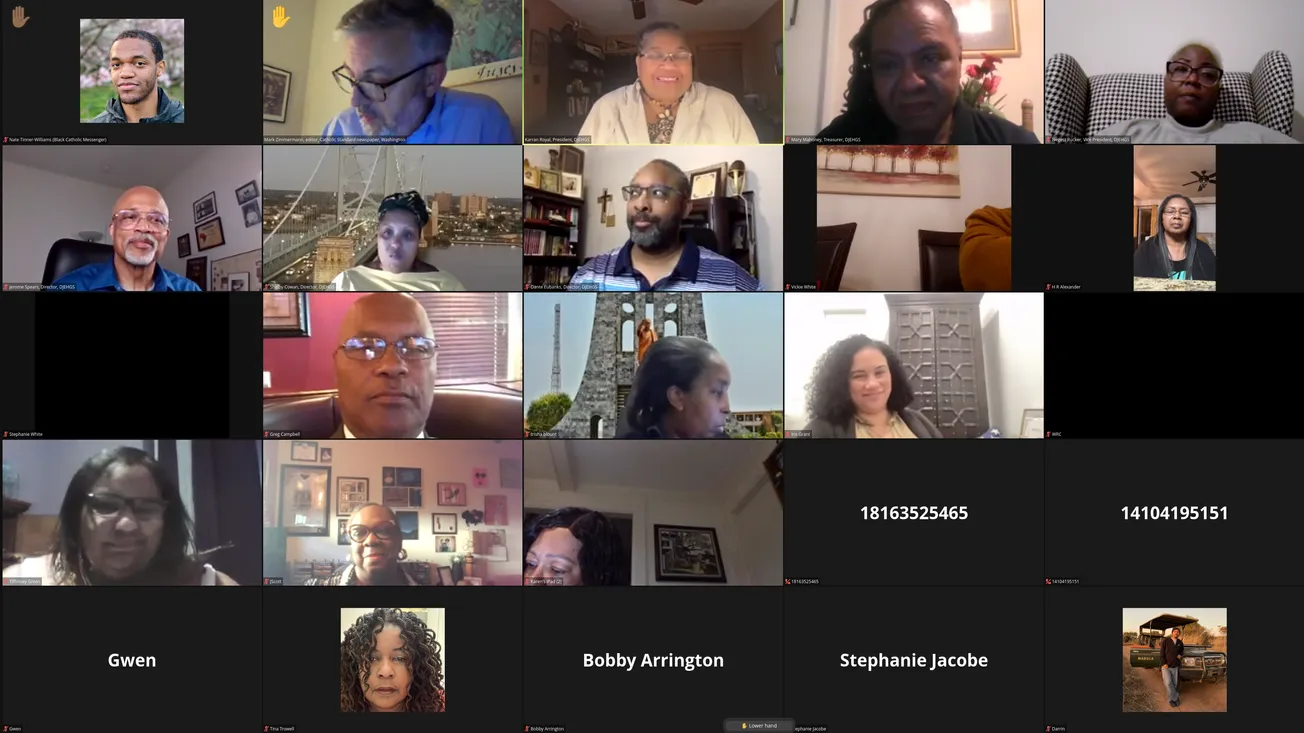In 1987, Chicago’s first Black mayor, the late Harold Washington, announced plans to honor the founder of Chicago, the Black Haitian Jean Baptiste Point Du Sable, with a public park. Today, over three decades later, the plans have still yet to materialize.
The DuSable Heritage Association (DHA) has plans to change that.
On this Chicago Founder's Day, I spoke with DHA president Etzer Cantave about the organization's work and about the legacy of one of American history's most influential Black Catholics.
(This interview has been edited for clarity.)
Nate Tinner-Williams (NT): Can you tell me how long DHA has been around?
Etzer Cantave (EC): It was created in 2000.
NT: Oh wow.
EC: Yeah, 2000 was when it was created. It was chartered and became a nonprofit in 2002. But we’ve been around for 21 years. And our mission is to promote the legacy of [Du Sable].
NT: So I know, I know a little bit about him just because of the minimal research that I've done myself, and I know that the city has been, I guess, working on some initiatives to recognize him more fully. I'm assuming that's a result of the work of the association. Is that correct?
EC: So we've been around, so we've been promoting the legacy of Du Sable through many means: educational, cultural activities, and many things that we do throughout the year. In August, we do a memorial for him in collaboration with a coalition, where officials are invited to commemorate the anniversary of his death. And then we do a historical tour to talk about him; it starts from Pioneer Court, where his bust is located, and then we would go all the way to Lake Michigan going to the Founder’s Trail to talk about him, his history, and his contribution to Chicago. We also advocate for DuSable Park.
We start with him first as a Black man of Haitian descent, as Chicago's first entrepreneur, as its first real estate developer, and Chicago’s pioneer of multiculturalism. That is the measure of the man that we celebrate. So we organize events around that and to make sure that he is recognized, fully recognized in our city.
And so we participate in a number of activities as well. There are other organizations that are working towards his recognition as well, so we collaborate with those organizations. But for DHA, our focus is making sure that DuSable Park is built.
The history of DuSable Park is that Mayor Harold Washington, our first Black mayor—who went to DuSable High School, by the way—he had an affinity for Du Sable, by the mere fact that Du Sable was the first city administrator. He’s part of his legacy, basically.
NT: Mhmm.
EC: So Washington wanted to honor him by donating 3.3 acres of lakefront land to build that park in his honor. So that's 1987. That makes it 34 years, and to date, the park hasn't been built. So this is something that is mind-boggling, to see that it takes this long to get the park built while other parks around the city have been built after that, after Mayor Washington.
NT: Wow.
EC: So there was no sense of urgency, basically, to recognize the man who founded the city of Chicago. The man who left Saint-Domingue, which was the colonial name for Haiti, left it to go to Louisiana, to New Orleans. That situation did not sit well with them, with racism and all this. So he moved up to Peoria. He settled there for a number of years, five or six years, and he purchased land there. That was his first acquisition of land in this continent. And he collaborated with the tribes there.
But as the situation started to change, when the American Patriots started to move westward, he started to feel uncomfortable, with the situation of slavery being what it was. So he moved up further, and he arrived here around 1779. When he arrived, he established himself at the confluence of Lake Michigan and the Chicago River.
You know, the Apple store that sits by the river across from the Tribune, right?
NT: I've seen it.
EC: Downtown Chicago. So the Apple store sits in the exact place where Du Sable had his home.
NT: Wow.
EC: Yeah. He lived there with Kitihawa, his wife, on Potawatomi land. [This was her tribe.]
So the Apple store sits on sacred ground, you know? This is where he lived. This where he decided he decided to place his new settlement.
He had lived in Saint-Domingue in a town that had a busy port, you know, where ships from France came with manufactured goods for the colony. And those ships, they would load up on sugar, on rum, and on other crops, to go up the Mississippi river up by Canada, and from Canada going back to Europe. He saw all that growing up, you know, and when he landed in Chicago, he saw the strategic location of that place, where he wanted to build a city. It was reminiscent of what he saw back in Saint-Domingue, with that busy activity, that vibrant place where ships were up and down.
So basically, he left a blueprint for the city. and I'm pretty sure that if he were to come back to earth and were to see the expansion of the settlement that he built, he would see the majestic lakefront, he would see those iconic buildings, he would see those landmarks. I think he would be pleased to see that. That was the blueprint that he left, because he foresaw that place had the potential to become a hub for business, because he had been mind for business. So that's, that, all of that, Chicago needs to celebrate, to recognize. And it’s not something that should be done in one day.
And we applaud what other organizations are doing as well to recognize him, because I think he should be captured in his full diversity, his full complexity. Because, in my mind, everybody in Chicago is part of his legacy.
NT: Do you think that part of that identity includes his Catholic faith? What is the position of the association on that?
EC: Oh! Well yes. He was a fervent Catholic. Now, he married a Potawatomi woman. So this is the kind of openness that he was known for. He married her first in an indigenous ceremony, and later on he married her in a Catholic ceremony, so that vow—he wanted to confirm it in the religion that he was born into.
He practiced his Catholic faith, and in the settlement that he built, there was a church there. And one of his grandchildren was baptized at that church. So he was known to practice the faith even after he left Chicago.
NT: Did he build that church?
EC: Yes, he built that church as part of his settlement.
NT: Interesting.
EC: Yes, it is. That's why I say he was the first real estate developer. He wanted the people, in his settlement to have the full experience of living in a community. And even though the land was indigenous land, they didn’t really settle in one place. They were scattered in many places, even in Wisconsin and down in Peoria. But what he did in the settlement was he brought everybody together.
He brought people from Europe and Canada who were fleeing their systems and were looking for a place that welcomed them, this settlement was there for them, the Potawatomi, and also other tribes. And so, it was an all-inclusive community, and that welcoming aspect of the settlement is attributable, I believe, to his Catholic faith. which he practiced throughout his life.
NT: Thank you for that. And is the association responsible for the creation of the Founder’s Trail and the statue of DuSable?
EC: On Michigan Ave?
NT: The bust, yeah.
EC: Well the bust was donated to the city of Chicago by a Haitian-American businessman by the name of Lesly Benodin. So that was his way of recognizing the founder of Chicago. We had a connection with him.
The Founder’s Trail is the area when you go down the stairs from Dusable Bridge, you go down the stairs and you walk eastward towards Lake Michigan. It was renamed after him by an alderman.
NT: So, the public space that the association is directly associated with is the park.
EC: This is what we are fighting for. There is also the DuSable Harbor, at the confluence of Lake Michigan and the Chicago River. But aside from that, there's nothing of significance that says the city was built by a Black man of Haitian descent, by Jean Baptiste Point Du Sable. Anybody who comes to town could hardly recognize it is a city founded by a Black man.
There are many signs honoring people who just passed through Chicago, you know, like La Salle, Marquette, Jolliet. All of those people, they never stayed in Chicago; they never stayed in the area. You have to confess to it. But nonetheless, they are recognized with boulevards—
NT: Mmm.
EC: With plaques, you know, plaques on DuSable Bridge. And I also must say Dusable Bridge was renamed after him in 2010. Alderman Reilly, Brendan Reilly, spearheaded this move. But aside from that—on the bridge, you will see plaques recognizing Lassalle, Marquette, Joliet, but none for Du Sable. So I think it's a kind of injustice that needs to be addressed.
NT: Yes, absolutely.
And can you tell me about the event that you have going on this weekend?
EC: Thank you for asking. So every March, typically the first weekend of March, we organize a fundraising gala to support our activities and we do it as closely as possible to March 4th, that seminal date [Chicago Founder’s Day]. So we always want to have our gala close on that date. And also Black History Month. So this is our way to connect what we do with Du Sable.
The theme of the event this year is “DuSable Park: The Legacy Lives On”. So we're going to be showing a video that really tells the story of the park. And on that video, there is a member of the late Mayor Washington's team who will give an account of the state of mind that animated Mayor Washington at the time. It’s a very powerful thing.
So then we're gonna have entertainment by some Haitian artists. One of them is Nathalie Joachim, who is a Grammy-nominated vocalist and flutist. Juilliard-educated. She’s going to perform for us live for our virtual event. Crossing Borders Music, which is in Chicago, will be performing music of Haitian inspiration. And we’re also going to have another live performance by another Haitian artist, Ralph Condé.
And as part of the celebration, there will be a short presentation on business enterprise, because, you know, as I said before, Du Sable was the city’s first entrepreneur. This is part of the legacy that we don't want to be lost, because we don't see a significant Black business presence in Chicago. He had a prosperous business, you know the settlement, you know, this is he had a fall, he had a farm, he had a mill, he had a smokehouse, you know—he was also the first hotelier, because he provided guest houses for the traders were passing by and wanted to stop and spend the night and buy goods.
So he left that to all of us, but there was no significant Black presence, that business presence, in Chicago. So we want to highlight, to showcase a new business in Chicago called Bordeau Griffin Interiors, which is a very creative enterprise. So we want to showcase that; it's in the Chatham area of Chicago.
And then we will have some reflections about the year 2000 and what it was. And the way forward in 2021. So that’s basically what we’re going to be doing on Saturday.
NT: That's very exciting. And do you think there's anything else we should know about Du Sable or about the association?
EC: I think Du Sable is such a fascinating person that I'm never tired of talking about him. But there's one thing that I always want to say, to summarize what he was, that DuSable Park, when it’s finally built, I hope that it’s built in the spirit of his settlement. Where everyone was welcome: immigrants, all the races, you know. Open to everyone, and where everyone was on equal footing.
It was a place that values human dignity, which his Catholic faith taught him. Because the Catholic faith is about human dignity, you know, all phases of human life. That was the spirit of the settlement that I hope that the spirit lives on as part of his legacy. And where would it be best to reflect that? What would be better to reflect that than this permanent place?
DuSable Park would be, that place where, when somebody would go in, that person would check out all preconceptions, all prejudices, check all this at the door, so that once you get in there, you get an experience in openness. An experience in love for others, respect for others, no matter how different they are. So that would be like a cathartic experience where you rid yourself of all negativity and you’re open to understanding differences: cultural differences, ethnic differences. And once you get out of the park, you come out renewed, rejuvenated.
And that would be thanks to Du Sable, the founder of Chicago, to his spirit. That’s the lesson that Jean Baptiste Point Du Sable has left us.
The DHA gala will occur this Saturday, March at 7pm CST. Tickets start at $50 and can be purchased here.
Nate Tinner-Williams is co-founder and editor of Black Catholic Messenger, in priesthood formation with the Josephites, and a ThM student with the Institute for Black Catholic Studies at Xavier University of Louisiana (XULA).


